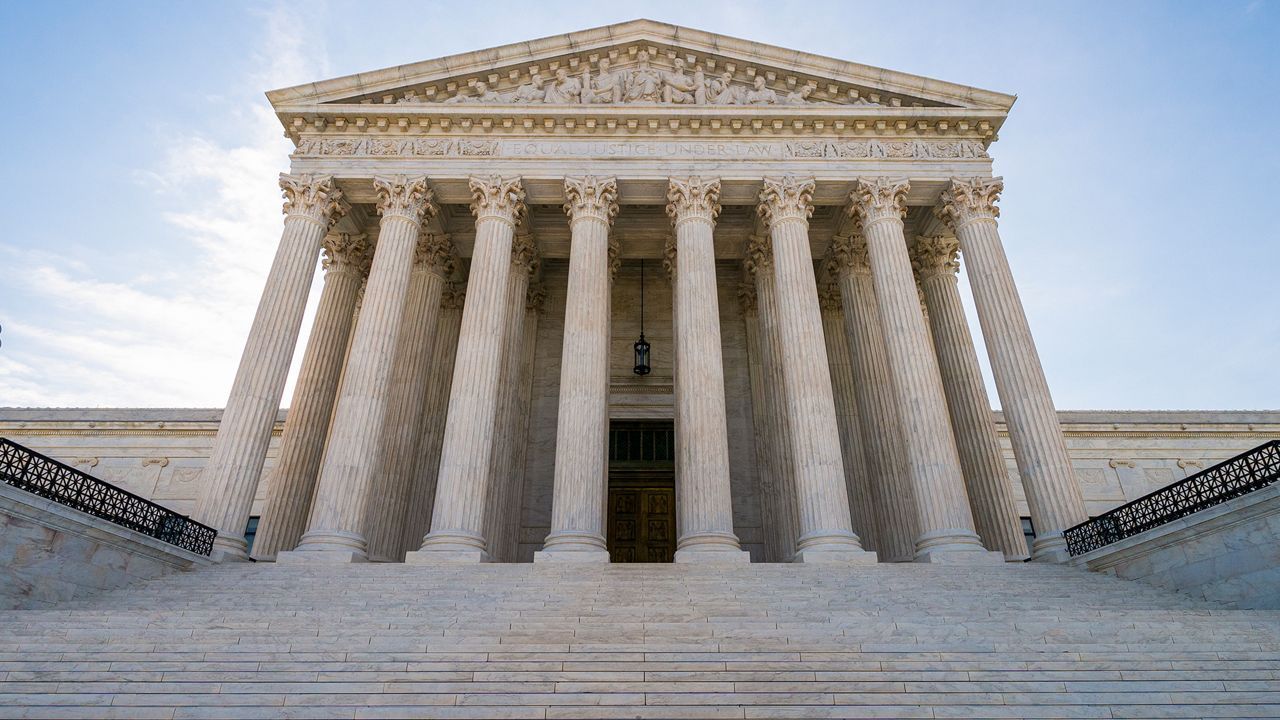In the coming weeks, the U.S. Supreme Court could decide the fate of the Deferred Action for Childhood Arrivals program. But the impact of doing so could send front line workers in the pandemic out of the United States.
Hina Naveed came to the United States from Pakistan when she was 10 years old when her sister needed life-saving medical treatment. She's living here today, working with foster care kids as a registered nurse.
"We are fighting on the front lines while still worried about whether we will continue to have the opportunity to do so or whether we will be on the next deportation list," Naveed said.
The DACA program has come under fire from President Donald Trump, who wants to end it; the Supreme Court could rule as early as May. Naveed says many of the workers deemed essential during the coronavirus pandemic are immigrants like her.
"In the long term it really calls for permanent relief, not just DACA recipients who are nurses or health care providers, but also those are working in sanitation and delivery and the community," Naveed said.
But for now the fate of her status in the United States is up in the air.
"The uncertainty is not new to us," Naveed said. "DACA recipients are families that have been contributing to our communities our entire lives. Many DACA recipients arrived to the country at a very young age. Our families made the ultimate sacrifice and have been contributing to the neighorhood, their communities, their schools there entire lives."
Deporting DACA recipients, known as Dreamers, will have a wide-ranging effect on the country and people who receive health care and services, Naveed said.
"Put politics aside and really come to this from a place of humanity and understand the value a person inherently holds and the value that has become even more apparent during this circumstance," she said.
Naveed is a part-time student at CUNY School of Law and is set to graduate in May 2021.


